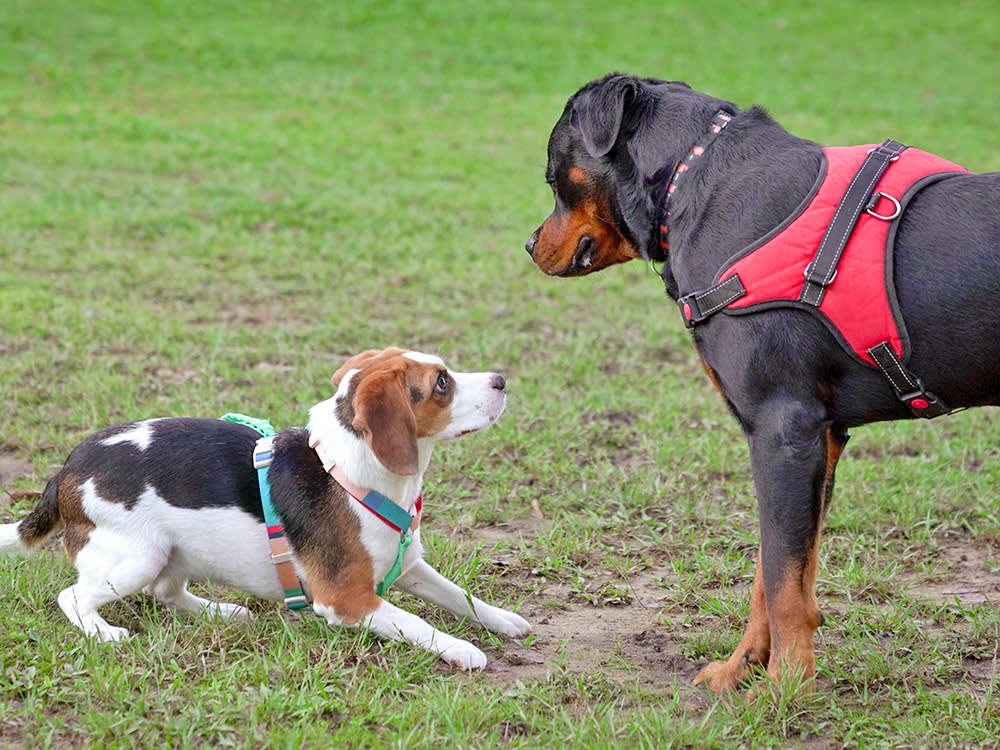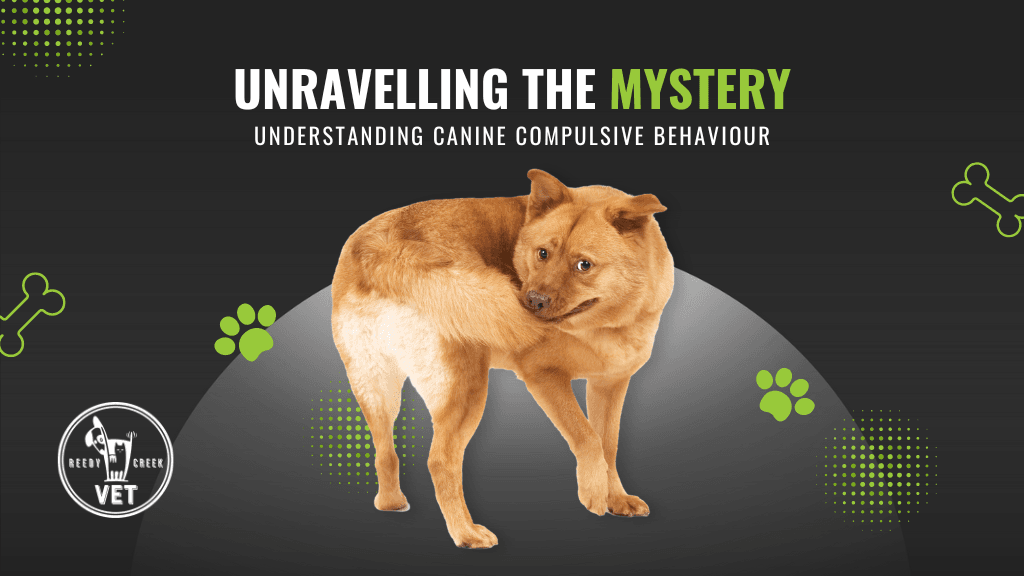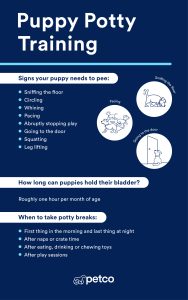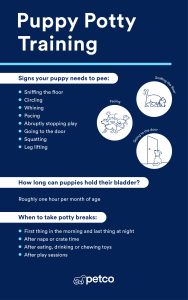Have you noticed your dog acting strange lately? Maybe they’re suddenly restless, overly anxious, or just not themselves.
When your furry friend shows erratic behavior, it can be confusing and worrying. You want to understand what’s going on and how to help. You’ll discover the common reasons behind unpredictable dog behavior and learn simple steps to bring back calm and happiness to your pet.
Keep reading—your dog’s well-being depends on it.
Common Causes Of Erratic Behavior
Dogs can act strangely for many reasons. Erratic behavior means their actions are unusual or unpredictable.
Understanding what causes this behavior helps owners provide better care and support for their pets.
Medical Issues
Health problems often cause erratic behavior in dogs. Pain or illness can make them restless or aggressive.
Common medical issues include infections, injuries, or neurological problems. A vet check is important to rule out these causes.
- Pain from injury or arthritis
- Brain or nerve disorders
- Infections affecting mood
- Changes in hormone levels
Environmental Stressors
Stress from the environment can trigger strange behavior in dogs. Loud noises or new places may scare them.
Dogs may also react to other animals or people in their space. Stress can cause barking, hiding, or pacing.
- Loud sounds like fireworks or thunder
- New surroundings or changes at home
- Presence of unfamiliar animals or people
- Overcrowding or lack of safe space
Lack Of Socialization
Dogs need to learn how to interact with others. Without socialization, they may act fearful or aggressive.
Puppies especially need exposure to people and other animals. Poor social skills can lead to erratic responses.
- Fear of strangers or other dogs
- Overreacting to new situations
- Difficulty calming down around others
- Showing anxiety or aggression
Changes In Routine
Dogs like a stable schedule. Sudden changes can confuse or upset them.
Changes in feeding times, walks, or family members’ presence may cause erratic behavior.
- New feeding or walking schedule
- Change in daily environment
- Family members leaving or arriving
- Disruptions in play or rest time

Credit: www.dwdogtraining.com
Signs To Watch For
Dogs sometimes show behaviors that seem unusual. Understanding these signs can help in addressing their needs.
Some behaviors might indicate stress or discomfort. Watch for changes to keep your dog healthy and happy.
Sudden Aggression
Aggression can appear without warning in dogs. It may be due to fear or pain.
Notice if your dog growls or snaps unexpectedly. This behavior might need attention from a vet or trainer.
Excessive Barking
Barking is normal but too much can be a concern. It might be a sign of anxiety or boredom.
Check if your dog barks at new people or noises. Identifying the cause can help reduce the barking.
Destructive Actions
Chewing furniture or digging can show restlessness. Dogs need mental and physical activities.
Provide toys or exercise to keep your dog engaged. This can prevent unwanted behaviors.
Unusual Hiding Or Avoidance
Dogs might hide if they feel scared or unwell. Notice if your dog avoids people or places.
Observe changes in your dog’s behavior. A vet can help if hiding becomes frequent.
Behavioral Solutions
Dogs can show erratic behavior for many reasons. Using the right solutions helps improve their actions.
Training and care build trust and create a calm, happy dog. These methods are simple to apply.
Consistent Training Techniques
Use clear commands and repeat them daily. Consistency helps dogs learn what to expect.
Avoid changing rules or signals. This keeps your dog from getting confused or anxious.
Positive Reinforcement
Reward good behavior with treats or praise. This encourages your dog to repeat the action.
- Give a treat after obeying commands
- Use a calm, happy voice to praise
- Ignore bad behavior to avoid attention
- Practice regularly to build habits
Establishing A Routine
Dogs feel safe with a steady daily schedule. Feeding, walks, and playtime should happen at set times.
| Activity | Suggested Time |
| Morning Walk | 7:00 AM |
| Feeding | 8:00 AM and 6:00 PM |
| Playtime | 4:00 PM |
| Evening Walk | 7:00 PM |
Mental And Physical Stimulation
Keep your dog’s mind and body active. This reduces boredom and restless behavior.
Try these activities:
- Use puzzle toys to challenge your dog’s thinking.
- Go for daily walks or runs to burn energy.
- Practice new commands and tricks often.
- Play interactive games like fetch or tug-of-war.
When To Seek Professional Help
Dogs can show strange behavior for many reasons. Sometimes it is normal. Other times, the problem needs help from a professional.
Knowing when to get help keeps your dog safe and happy. It also protects your home and family.
Veterinary Consultation
If your dog's behavior changes suddenly, see a vet. Health problems can cause erratic actions. The vet checks for pain, illness, or side effects from medicine.
- Sudden aggression or fear
- Loss of appetite or energy
- Unusual barking or howling
- Changes in bathroom habits
Certified Animal Behaviorists
Behaviorists study animal actions and feelings. They help dogs with long-term or serious problems. These experts use training and therapy to improve your dog’s life.
| Signs to Consult a Behaviorist | Description |
| Repeated aggression | Dog often bites or growls without clear cause |
| Separation anxiety | Dog panics when left alone |
| Obsessive behaviors | Dog repeats actions like licking or chasing tail |
| Fearfulness | Dog hides or trembles in many situations |
Training Specialists
Trainers teach dogs new skills and good manners. They help fix small behavior problems. Trainers work with owners to build trust and control.
Reasons to hire a training specialist:
- Excessive jumping on people
- Pulling on the leash during walks
- Ignoring commands
- Destructive chewing or digging
Expert Tips For Prevention
Dogs may show erratic behavior for many reasons. Understanding how to prevent it helps keep your dog happy and safe.
Early care and attention can reduce stress and improve your dog’s behavior in daily life.
Early Socialization Practices
Introducing your dog to new people, places, and other animals helps build confidence. Start socializing puppies as early as possible.
- Invite friends to meet your dog in a calm setting
- Visit dog-friendly parks and pet stores
- Enroll your dog in basic training classes
- Expose your dog to different sounds and environments
Regular Health Checkups
Health problems can cause sudden changes in behavior. Regular vet visits catch issues early.
| Checkup Type | Frequency |
| General Health Exam | Every 6-12 months |
| Dental Check | Annually |
| Vaccinations | As recommended by vet |
| Parasite Screening | Every 6 months |
Creating A Calm Environment
Stress causes many behavior problems. Keep your home quiet and peaceful to help your dog relax.
- Provide a safe, cozy space for your dog to rest
- Limit loud noises and sudden movements
- Use calming scents or music made for dogs
- Keep a consistent daily routine
Understanding Canine Body Language
Watch your dog’s body signals to spot stress or fear early. This helps prevent problems.
| Signal | Meaning |
|---|---|
| Yawning | Stress or discomfort |
| Tail tucked | Fear or anxiety |
| Licking lips | Unease or nervousness |
| Raised hackles | Alert or threatened |

Credit: www.kinship.com

Credit: dwdogtraining.com
Frequently Asked Questions
Why Is My Dog Showing Erratic Behavior Suddenly?
Sudden erratic behavior in dogs can indicate stress, pain, or illness. It may also result from environmental changes or anxiety. Identifying triggers and consulting a vet helps address underlying issues effectively.
How Can I Calm An Anxious Dog’s Erratic Actions?
Calm your dog by providing a safe space, using soothing tones, and engaging in gentle play. Consistent routines and positive reinforcement reduce anxiety and erratic behavior over time.
When Should I Seek Veterinary Help For Erratic Behavior?
Seek veterinary help if your dog’s erratic behavior is sudden, severe, or accompanied by other symptoms like aggression, lethargy, or loss of appetite. Early diagnosis prevents serious health complications.
Can Diet Affect My Dog’s Erratic Behavior?
Yes, poor nutrition or food allergies can cause erratic behavior. A balanced diet supports brain function and mood stability. Consult your vet to adjust your dog’s diet if behavior changes occur.
Conclusion
Dogs show strange behavior for many reasons. Stress, health, or changes at home can cause it. Pay close attention to your dog’s actions daily. Early help can prevent bigger problems later. Always keep your dog safe and comfortable. Trust your instincts if something feels wrong.
Understanding your dog builds a stronger bond. Stay patient and kind while helping your pet. Your care makes a big difference in their life.

Emily Barker is the founder of ChillDogLife.com, a space dedicated to helping pup parents discover the best dog products, lifestyle tips, and cozy ideas for happier homes.
A lifelong dog lover, Emily combines her passion for pets with a knack for research to share trusted recommendations on everything from toys and furniture to health and everyday care.
Her goal is simple: to make life easier, stylish, and more joyful for dogs and the people who love them.







